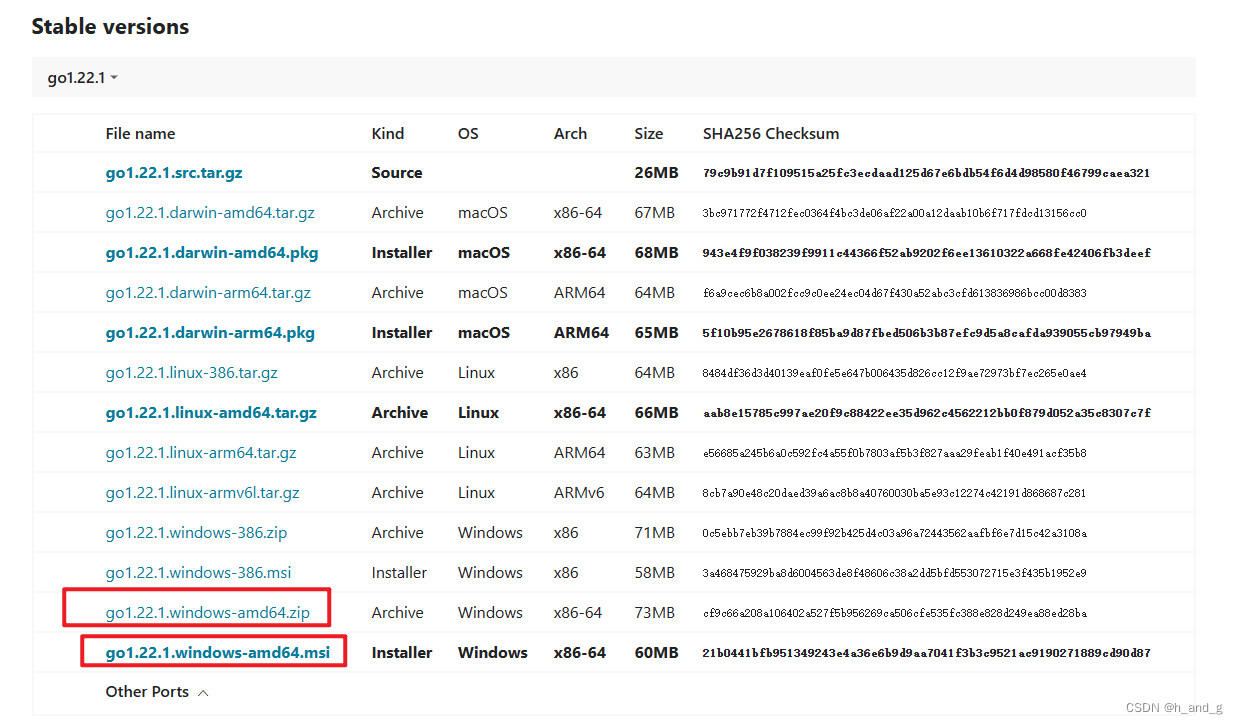go实现一个内存缓存系统的代码
面试内容: 支持设定过期时间,精度到秒 支持设定最大内存,当内存超出时做出合适的处理 支持并发安全 要求按照以下接口实现 1 2 3 4 5 6 7 SetMemory(size string) bool Set(key string, val interface{}, ex
面试内容:
下面为具体实现代码: 接口
实现类
工具类
代理类
main 方法
|
您可能感兴趣的文章 :
-
golang并发编程使用Select语句的实现介绍
在 Go 语言中,select语句是一种控制结构,允许一个 Goroutine 同时等待多个通道操作。select语句会阻塞,直到其中的一个case可以继续执行,然 -
go语言time.After()的作用介绍
time.After是一个非常实用的函数,它返回一个用于读取的单向通道(-chan time.Time),这个通道会在指定的时间间隔之后发送当前时间。这个机 -
go实现一个内存缓存系统的代码
面试内容: 支持设定过期时间,精度到秒 支持设定最大内存,当内存超出时做出合适的处理 支持并发安全 要求按照以下接口实现 1 2 3 4 -
Golang Map简介以及底层原理介绍
在Go语言中提供了map数据结构来存储键值对数据。map的数据类型为map[K]V,其中K为键的类型,V为值的类型。map的键类型必须支持==操作符,用 -
Go语言中的switch高级用法介绍
最近翻开源代码的时候看到了一种很有意思的switch用法,分享一下。 注意这里讨论的不是typed switch,也就是case语句后面是类型的那种。 直 -
Go语言sync.Map介绍及使用场景
在 Go 语言中,sync.Map是一个并发安全的映射结构,专门用于在高并发场景下处理键值对数据。它的并发安全是通过内部实现机制来保证的, -
怎么使用工具自动监测SSL证书有效期并发送提醒
自从云厂商的免费ssl证书改成3个月,而且证书数量还是20个之后,自己网站的ssl证书就换成了其它免费方案。但是免费方案不会提醒证书过 -
Go语言中的指针的使用介绍
1、Go 语言中指针的介绍 1.1、什么是指针? 指针是一种变量,它存储了另一个变量的内存地址。在 Go 中,你可以通过取地址操作符获取变量 -
Go环境变量配置,及GOROOT、GOPATH的区别
一、安装Go go下载地址: https://golang.google.cn/dl/ windows下载安装,有两种方式。解压和直接安装 方式一:直接下载安装包。以.msi结尾的文件。
-
go语言编程二维码生成及识别的介绍
2022-04-28
-
Go语言之文件操作的方法
2022-04-21
-
go语言代码生成器code generator使用介绍
2022-05-13
-
Go Excelize API源码阅读SetSheetViewOptions实
2022-08-17
-
Golang图片验证码的使用方法介绍
2024-05-07










